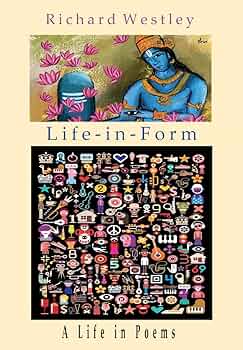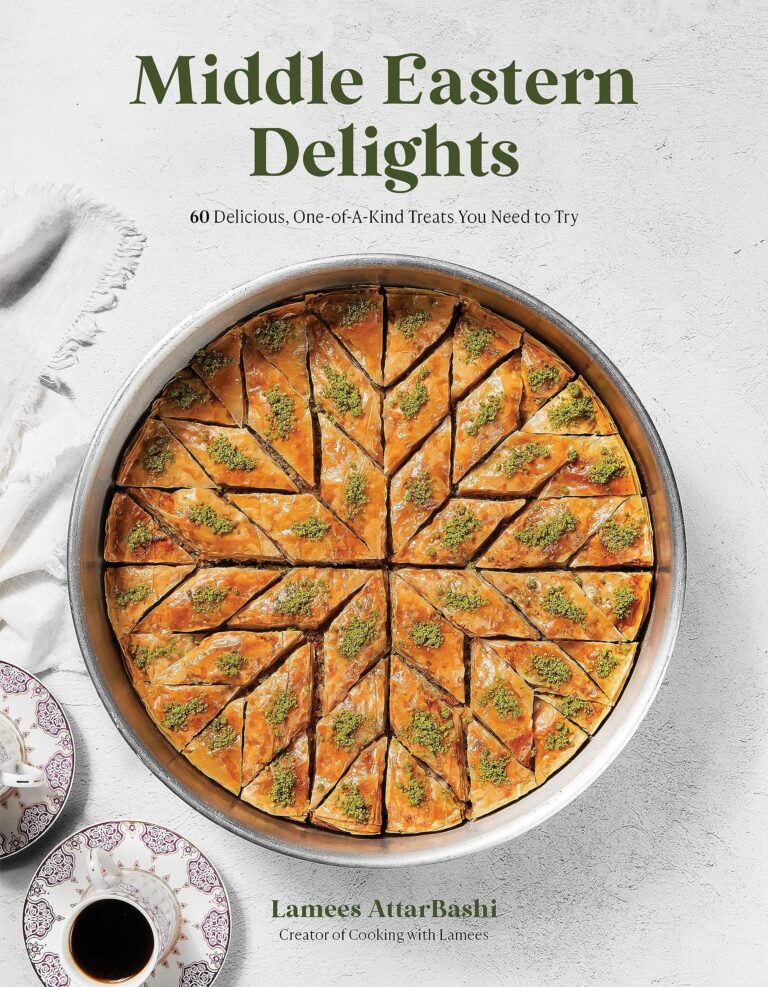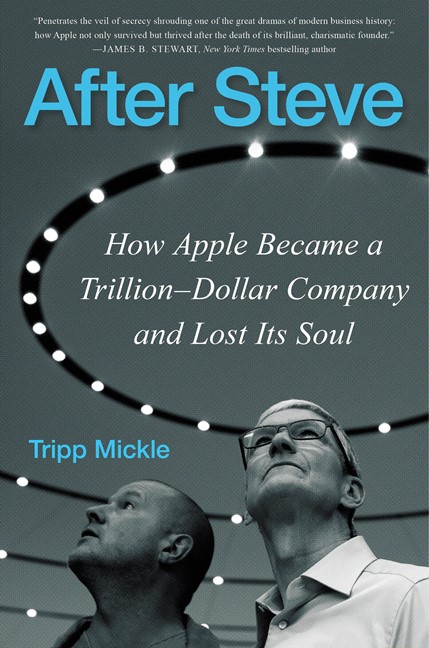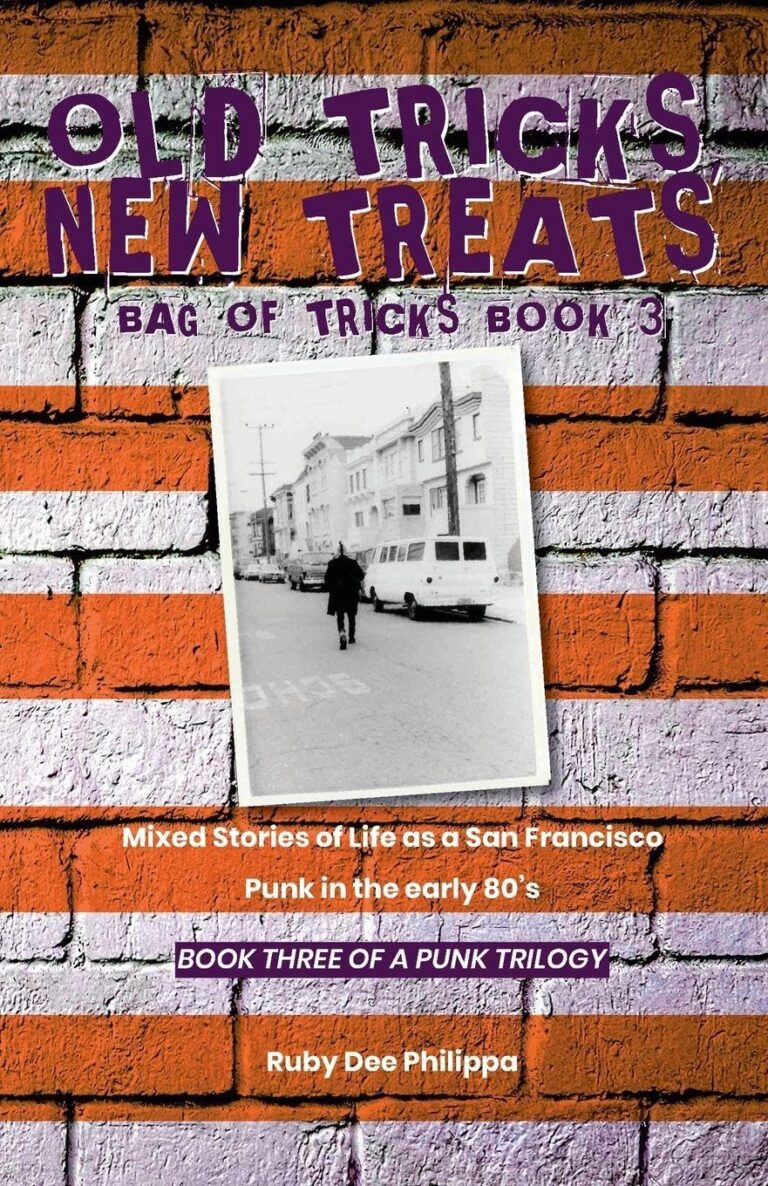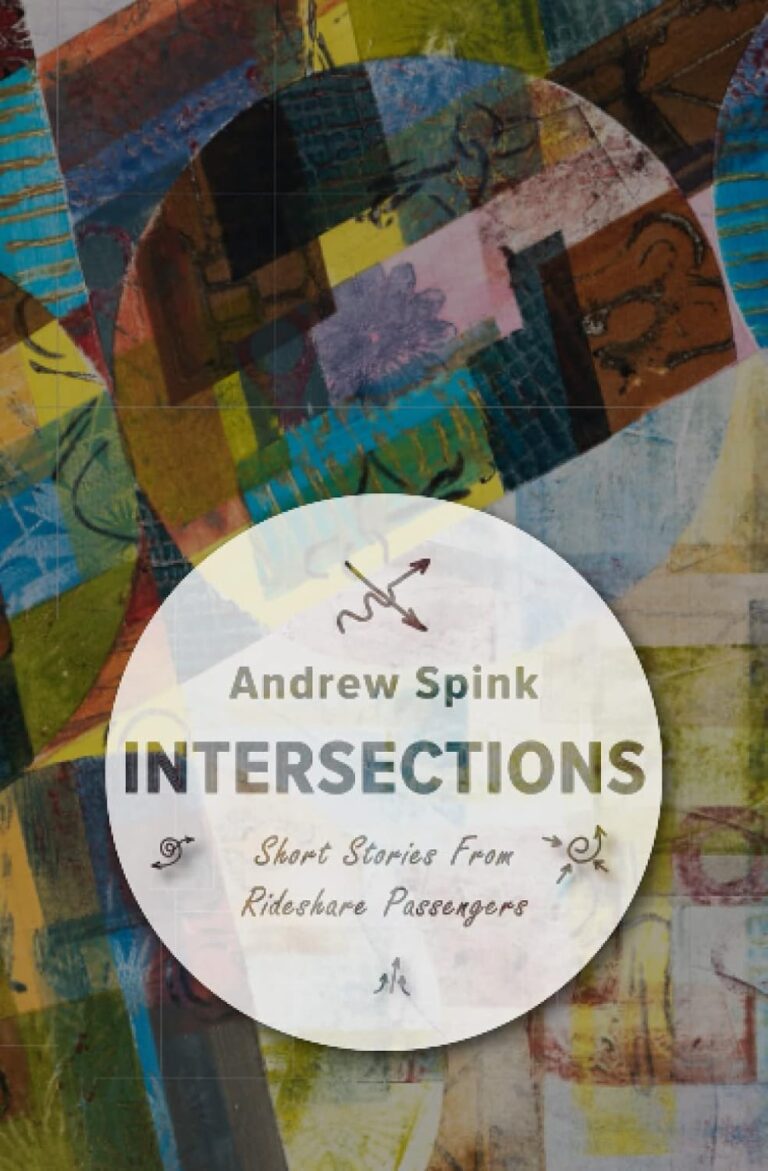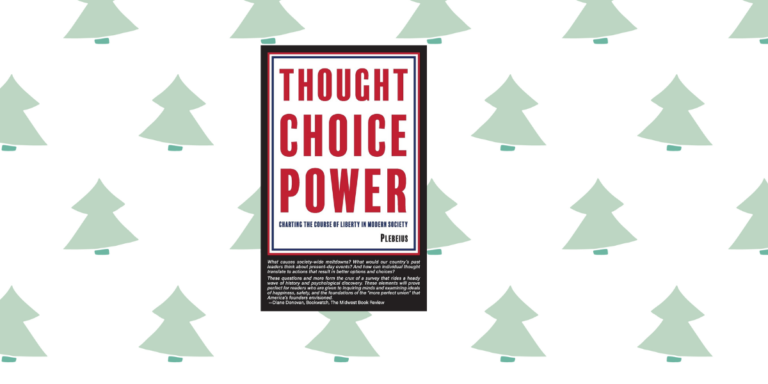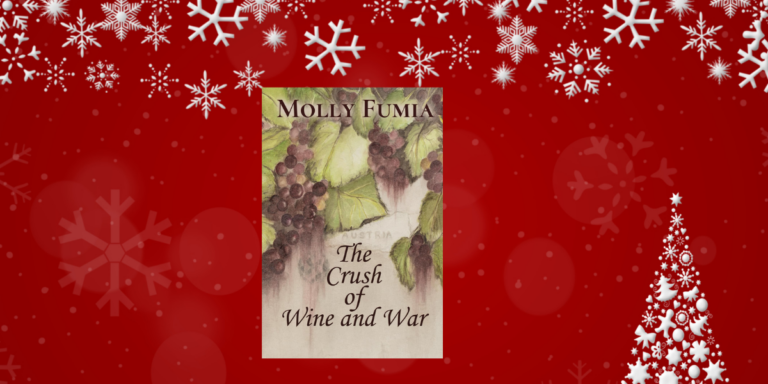These fifty-five varied and creative poems span decades of the award-winning poet’s life from 1975–2024. As with other collections that encompass such a broad body of work, the reader is best served by dipping in, savoring one or three, and saving the rest for tomorrow’s sampling, rather than reading straight through. He covers a variety of subjects, some classic, like the poet Shelley who “between tragedy and lyric/drown the best specimen yet submerged/in the land-loving sea.” Or the Greek philosopher Heraclitus re-imagined as Hera-clitus and told in a female’s voice.
Several poems form indelible portraits, such as “The Old Greaser” with “his slashing belligerent strides” who has achieved nothing through a lifetime of rebellion and recklessness. What does his aging future hold? And in “death doula” Westley powerfully speaks for someone who was once a midwife and now helps to shepherd the dying, “my pilgrim, blazing the trail before me…as we pass into the light, or maybe dark, it seems the same.”
Westley is not afraid to tackle painful subjects such as gun violence (“Les Femmes Massacrees de Montreal”) or “Thalidomide Baby,” a seven-page narrative in which he first imagines what it was like for the shocked doctors and nurses delivering “evolution’s dead-end streets.” But then the poem posits that these mis-shapen children have extraordinary skills, before finally speaking in the voice of one whose “body looks distended, is different.”
Many of the earlier poems are replete with wordplay and wordsmithing such as combining the first and last names of the artist to form “Pablicasso”, a poem in which he seeks to create in language the effects that Picasso’s cubist paintings had “like the eyeye cheeky cheek nostrils/one flared in horsey silhouette.” Sometimes he makes up words like “glimmerdisk” or “icewary” or “the rocksome ground” and we always know what they mean.
A few of the poems are obscure to me, such as “notebook orphans” which seems more of a personal list than a successful poetic creation. Or the odd 1991 poem “dOLlYe,” which appears to be a collage of typefaces with various puns encoded within.
Others are very accessible. I was particularly drawn to the love poem “Your Neruda,” which acknowledges how little a poem can do “these words cannot countermand, not even once, a single time I’ve spoken shamefully” and yet still expresses hope that it will signal to future lovers “at least a poor translation of our love.”
One of my other favorites is “Skunk Burial,” which describes roadkill (perhaps created maliciously and deliberately) and its aftermath. When its odor just won’t quit, there’s nothing to do but take matters into his own hands, only to discover something worse. I won’t spoil the poem other than to say that it brought Philip Larkin’s brilliant “Myxomatosis” about diseased rabbits to mind, and that is a high compliment indeed.
Life-in-Form – A Life in Poems
